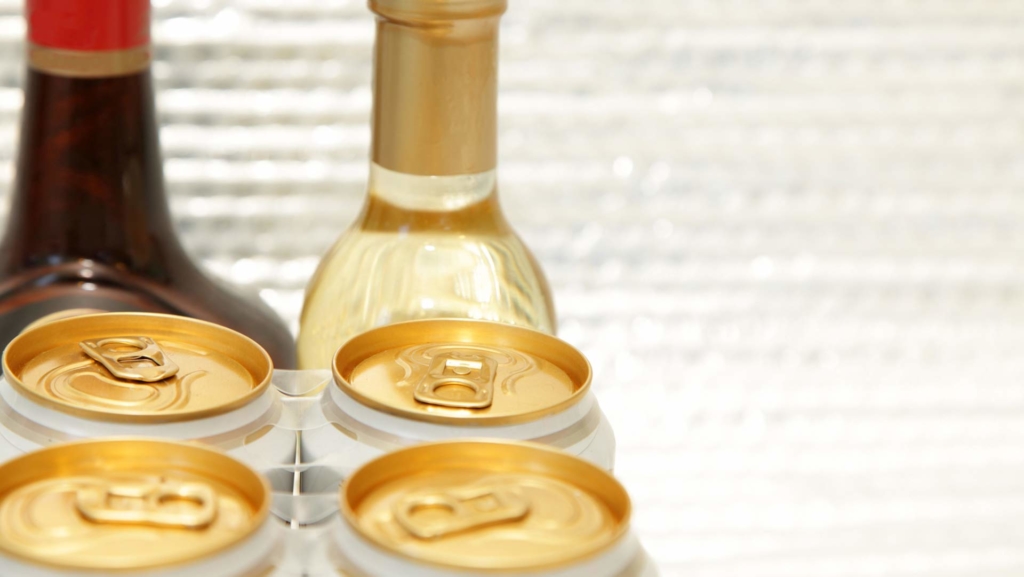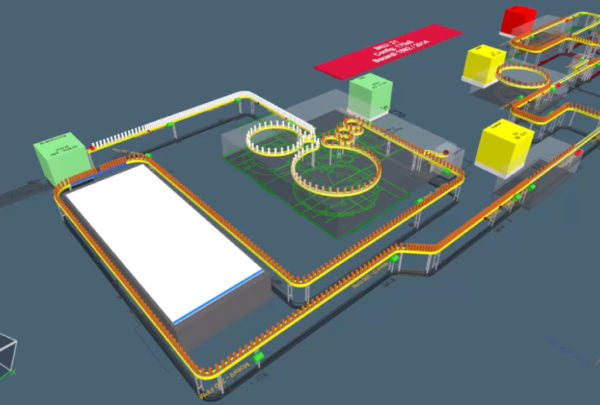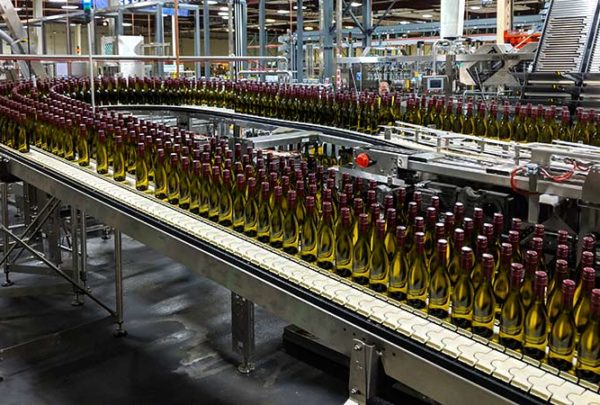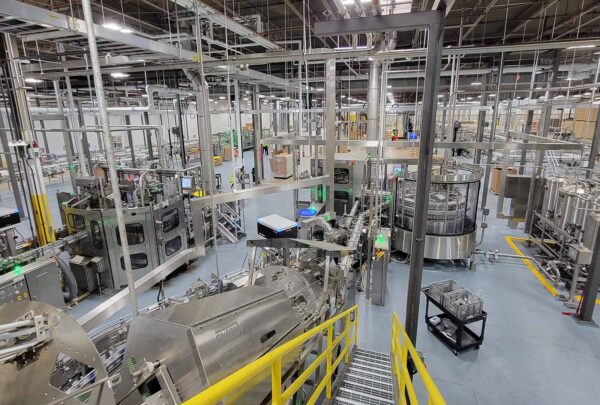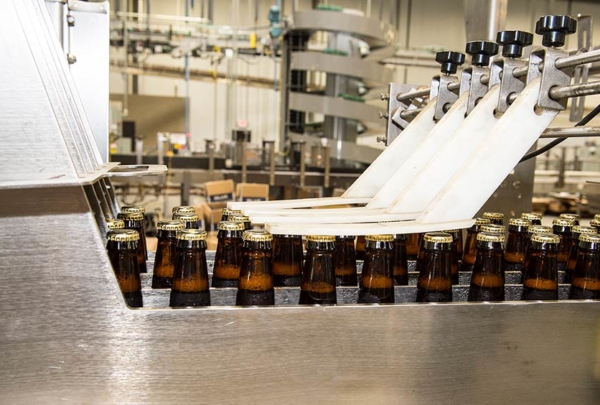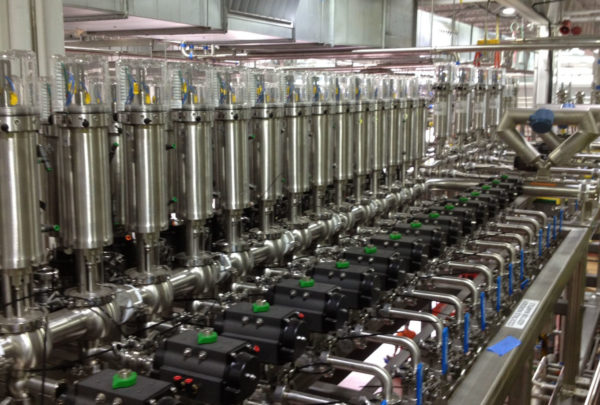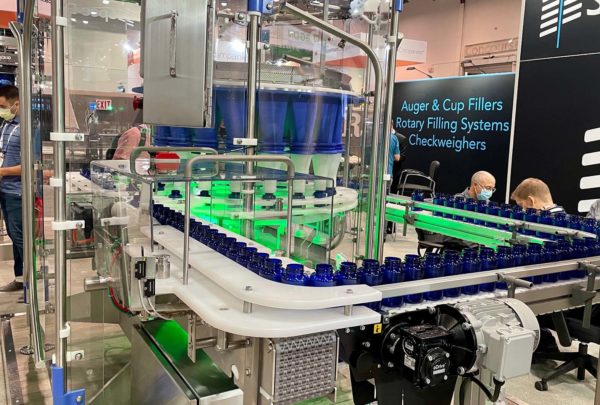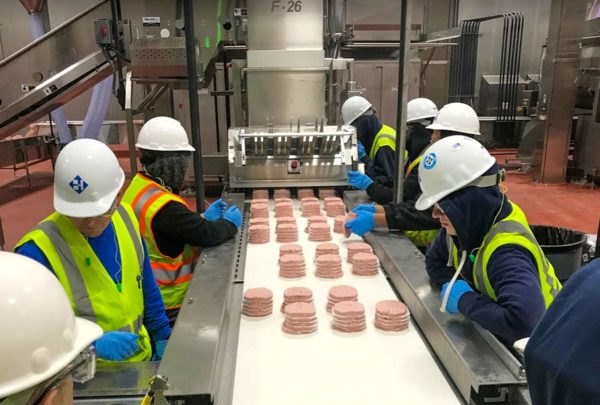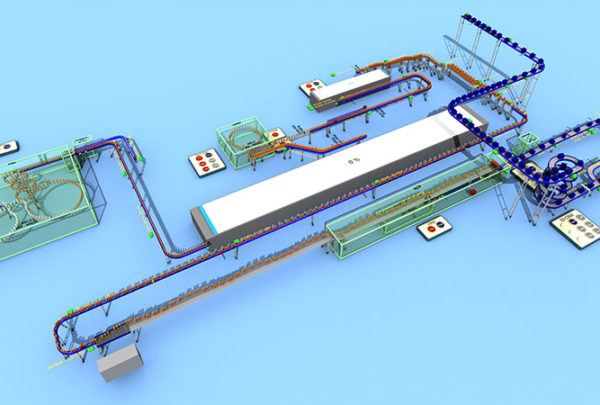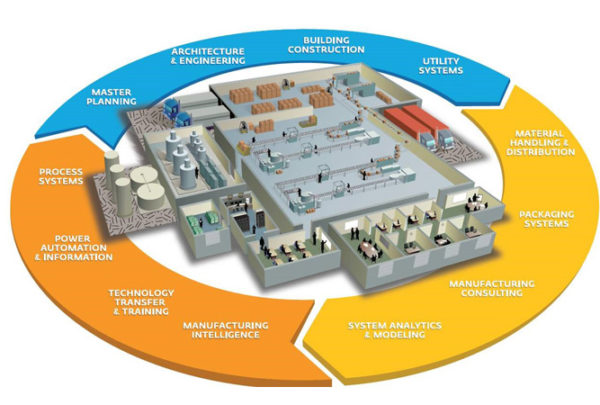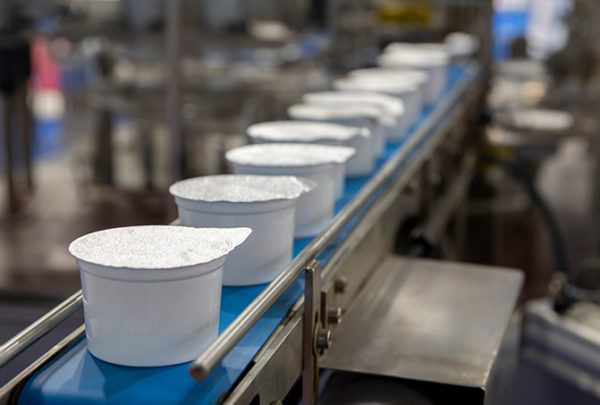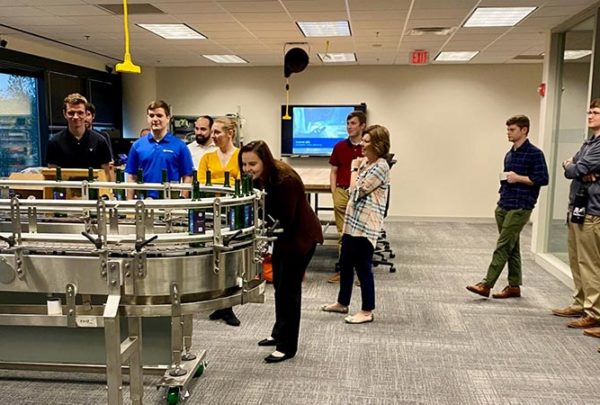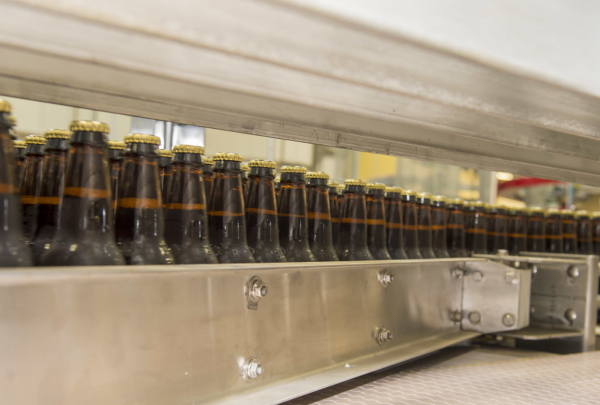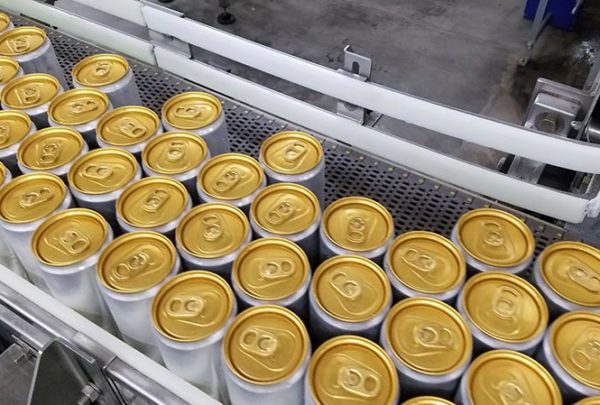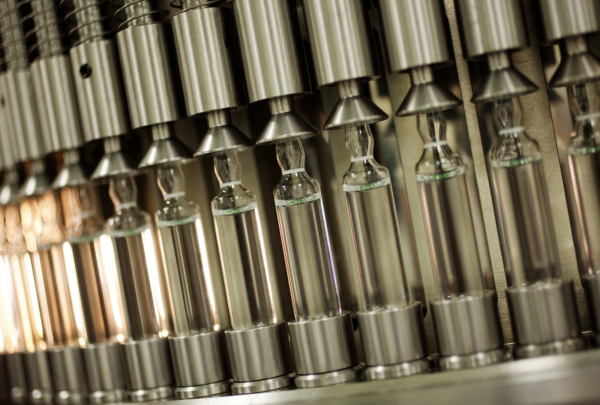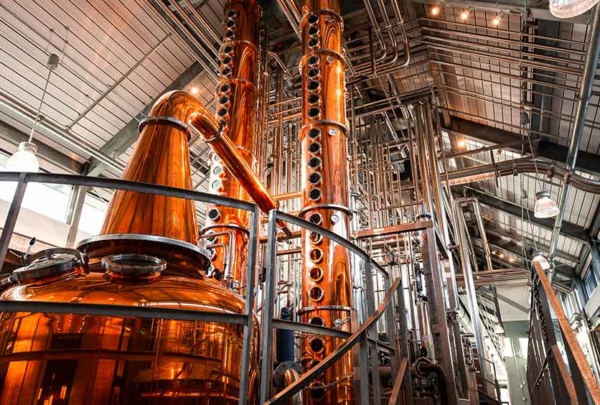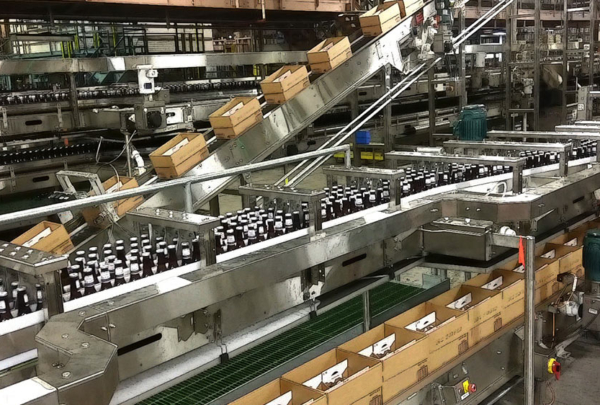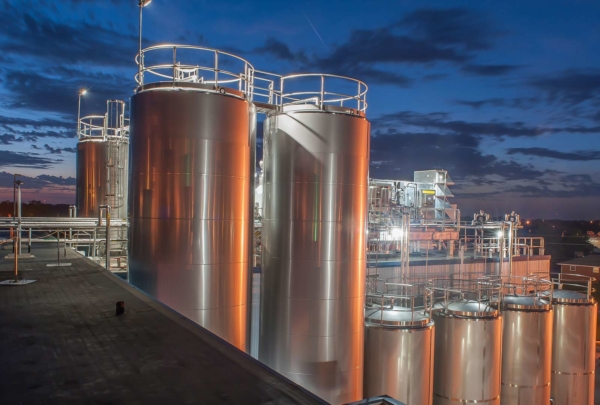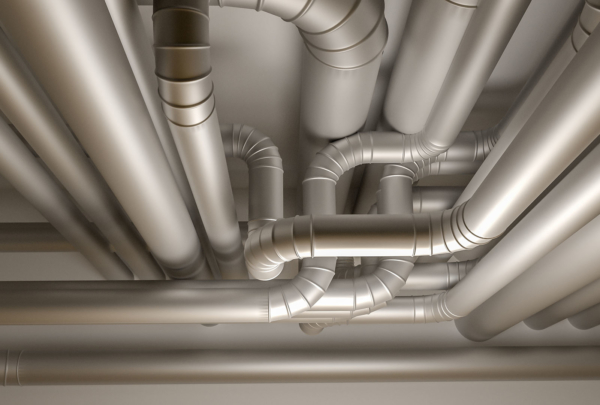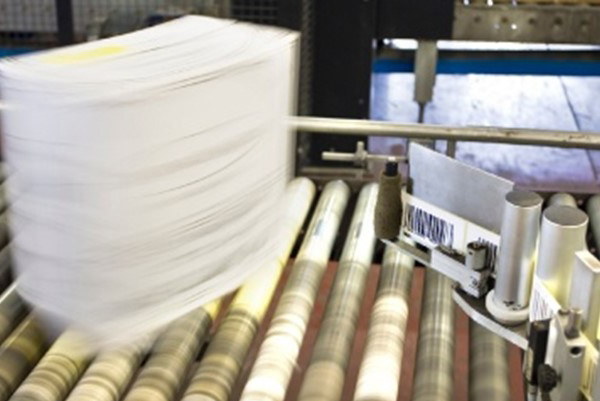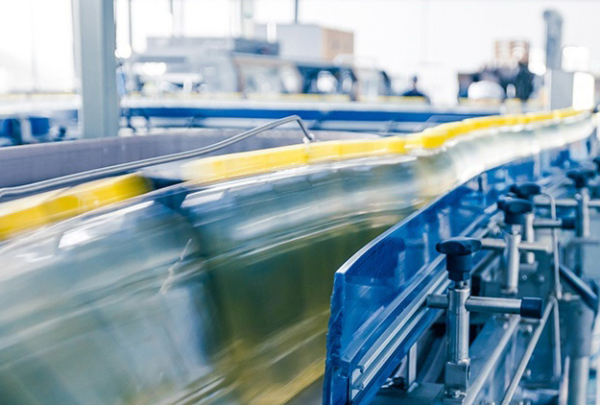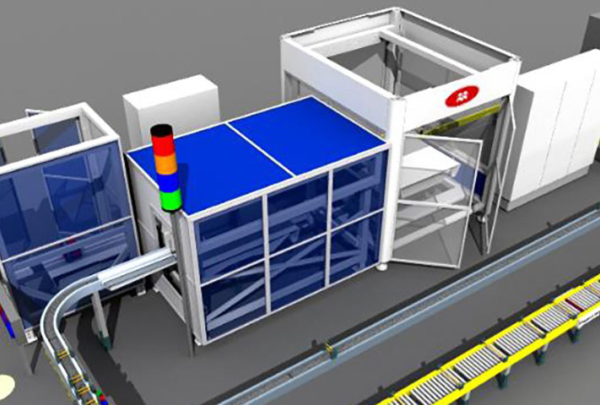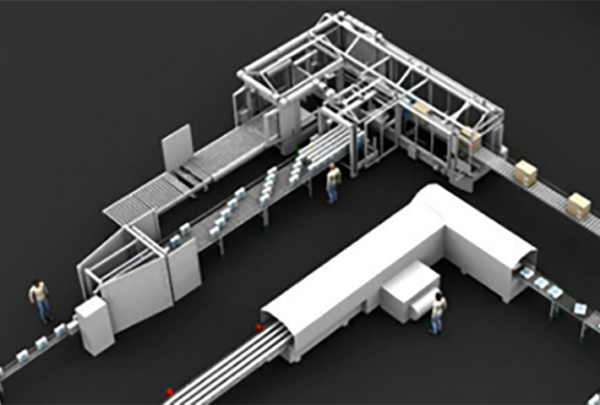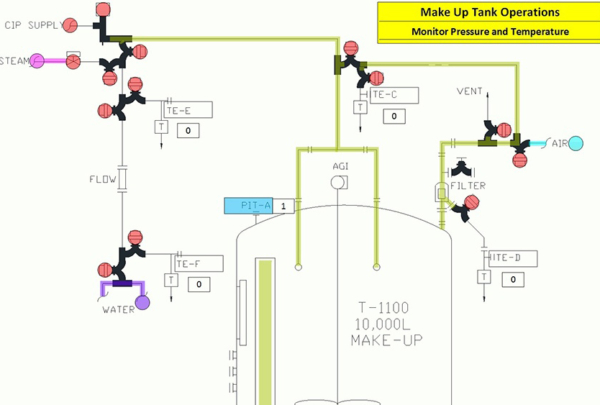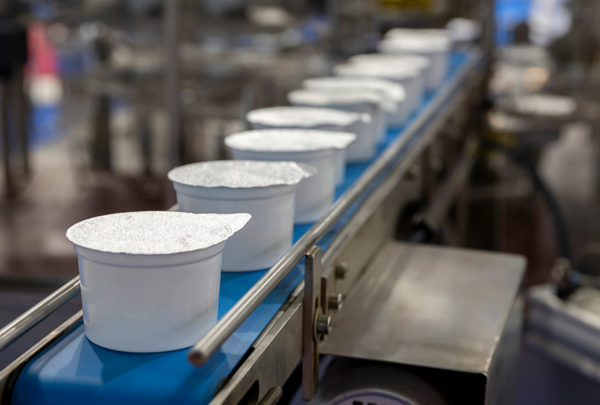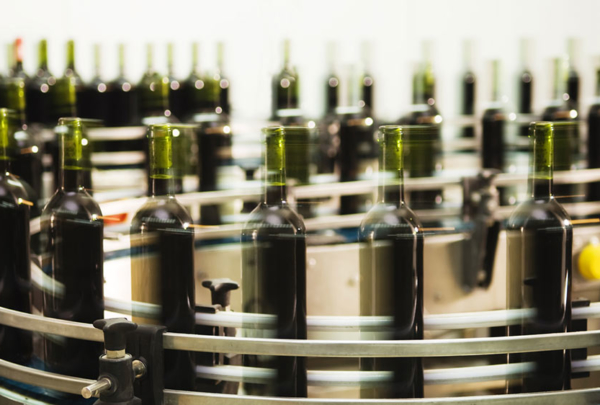From brunches to baseball games, the popularity growth in wine consumption, particularly among younger generations, is leading wine makers to consider a packaging option previously relegated almost exclusively to the beer and soda industry: cans.
As the Millennial generation ages into their late 20s and 30s, it is overtaking Baby Boomers when it comes to drinking wine. According to a 2017 survey by the Wine Market Council, Millennials now account for about 33 percent of wine drinkers, ranking just behind the Baby Boomers who make up 36 percent. With the gap between these two groups slowly closing, the wine industry is evaluating ways to adapt to changing trends, even if it means letting go of some long-held notions.
Thanks to this youthful surge in wine drinkers, the public perception of cans is shifting. Instead of associating cans with a perceived lower value, consumers are enjoying the convenience of cans that allow them to easily take their favorite rosé to the ballpark or the beach.
Manufacturers are also shifting their perceptions on cans as they provide many added benefits over bottles, including:
- Reduced Cost in Packaging Materials & Equipment
From a production standpoint, aluminum cans are far cheaper to make than glass bottles. Cans are also less breakable than glass bottles, resulting in fewer instances of lost product and materials due to manufacturing and shipping accidents. The more durable nature of cans also means there’s less of a need for secondary packaging such as the corrugated partitions used to separate wine bottles.
- Higher Speeds, Higher OEE
Can production lines require fewer equipment units in operation and consequently take up less floor space in a facility than a typical bottling line. Additionally, because cans are more stable than wine bottles (especially those with a reverse taper or higher center of mass), the can lines can move at higher speeds, increasing daily production potential. Most importantly, the reduction of equipment units of operation translates to a higher OEE (Overall Equipment Effectiveness).
- Better Product
Outside of a wine cellar, glass bottles don’t provide much protection from sunlight and other elements that can turn a good wine bad. Aluminum cans, however, are not penetrated by UV Rays and remain more tightly sealed than a corked bottle. This ensures that the product will be consumed at its highest level of quality.
- More Product on the Move at a Reduced Cost
When it comes to the finished product, cans offer the ability to cube pallet load with higher density than bottles. They’re also lighter, which reduces the energy cost for transportation to warehouses and distribution centers.
- More Space to Leave a Mark
From a marketing standpoint, wine bottles offer minimal real estate when it comes to label imagery. Conversely, cans can be completely wrapped for maximum branding impact. It’s also more cost effective to switch out a shrink sleeve for special one-off runs than it is to change out a cold glue labeler for a wine bottle.
- Adaptable Options for Growth
Changing a bottling line from 750 ml to 1.5-liter bottles requires extensive modifications to the equipment, PLCs and automation controls that can cost manufacturers time and money. But can production lines that maintain the same diameter can easily undergo a height changeover.
As the popularity of cans grows, wine makers aren’t the only alcohol industry taking notice. Canned cocktails are on the rise, too. If you’d like more information on the cost savings and added efficiency of cans over bottles, contact Haskell’s team of Beer, Wine and Spirits packaging experts.
For more information, contact Haskell’s Beer, Wine & Spirits division leader, Anthony White.
